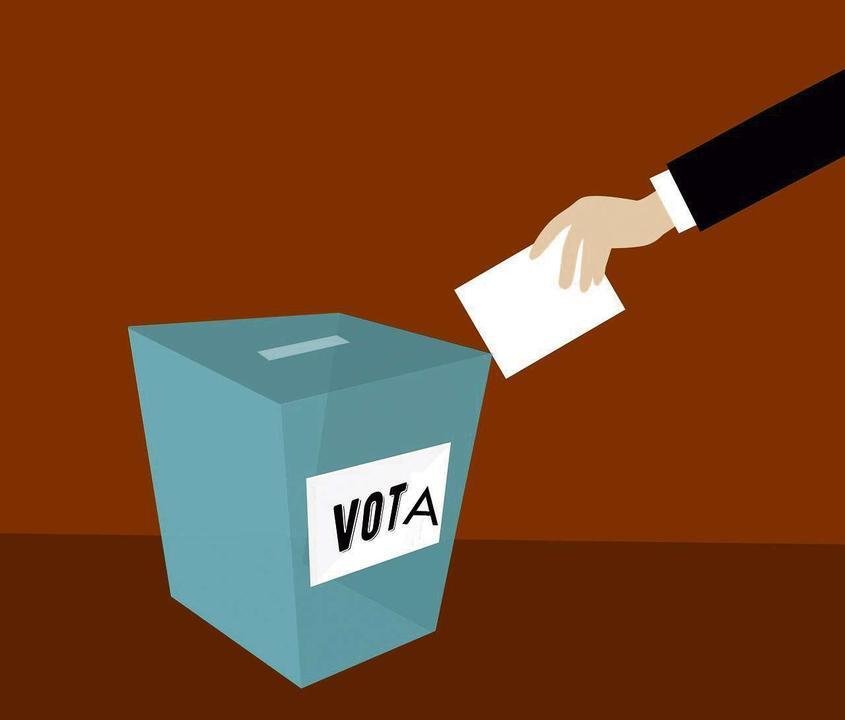Otra vez a votar, por Carlos Rodríguez Braun

Dicen que la historia se repite, pero lo de las próximas elecciones generales es nuevo: nunca habíamos votado en España en el mes de julio. Sí lo hicimos en verano, en dos ocasiones, el 22 de junio de 1986 y el 26 de junio de 2016, pero ello no nos da muchas pistas sobre lo que puede pasar, porque la primera vez ganó el PSOE de Felipe González y la segunda el PP de Mariano Rajoy.
La peculiaridad de 2023 es que las elecciones generales han sido convocadas para poco después de unas municipales y autonómicas en las que el partido de Gobierno, o más bien la coalición de Gobierno, que eso también es original en España, ha sufrido una derrota importante. En caso contrario, a Pedro Sánchez no se le habría ocurrido anticipar los comicios.
Además, aquí llueve sobre mojado, porque la derrota de la izquierda y de la extrema izquierda el 28 de mayo, con la excepción de Bildu en el País Vasco y Navarra, viene tras una sucesión de retrocesos electorales, el más importante de los cuales se produjo aquí, en Andalucía, con un cambio de rumbo que acabó con cuatro décadas de dominio socialista en esta autonomía. Dicha tendencia, por cierto, se ha profundizado en las municipales en nuestra comunidad, de tal manera que la federación andaluza es ahora la más importante del PP, como lo fue durante muchos años la del PSOE.
Quizá la predicción más sencilla sería la del fortalecimiento del bipartidismo, por la desaparición de Ciudadanos y la grave derrota que sufrió Unidas Podemos en varios lugares de España, empezando por Madrid. Asimismo, como apuntó Carlos Sánchez en El Confidencial, la demografía jugará a favor del PP y el PSOE, cuyos votantes tienden a ser de una edad relativamente mayor, se abstienen menos, y también –asunto importante en este caso– se van menos de vacaciones.
El bipartidismo, y la cercanía de las elecciones, pueden acentuar la habitual simplificación de los mensajes políticos, eludiendo los asuntos serios. En tal caso, habrá que recordar la frase de Marx: la historia se repite por segunda vez como farsa.
Off to vote again
They say that history repeats itself, but the upcoming general elections are something new: we have never voted in Spain in the month of July. We have done in summer, on two occasions, on 22 June 1986, and on 26 June 2016, but that doesn’t provide a lot of clues about what could happen, because the first time the PSOE of Felipe González won, and the second time it was the PP of Mariano Rajoy.
The peculiarity of 2023 is that the general elections have been called for shortly after municipal and regional elections in which the Government party, or rather the Government coalition, which is also original in Spain, suffered a significant defeat. Otherwise, Pedro Sánchez would not have had the idea to bring the elections forward.
Also, when it rains it pours, because the defeat of the left and of the extreme left on 28 May, with the exception of Bildu in the Basque Country and Navarre, comes after a succession of electoral delays, the most important of which took place here, in Andalusia, with a change of direction that ended four decades of socialist rule in this autonomous community. This trend, of course, has deepened in the municipal elections in our community, in a way that the Andalusian federation is now the most important of the PP, just as it was during many years that of the PSOE.
Perhaps the simplest prediction would be the strengthening of the two-party system, due to the disappearance of Ciudadanos and the serious defeat suffered by Unidas Podemos in several parts of Spain, beginning with Madrid. Likewise, as Carlos Sánchez noted in El Confidencial, the demography will play in favour of the PP and the PSOE, whose voters tend to be of a relatively older age, they abstain less, and also -an important issue in this case- they go on holidays less.
The two-party system, the closeness of the elections, may accentuate the regular simplification of political messages, avoiding the serious issues. In such a case, it will be necessary to remember the phrase by Marx: history repeats itself for the second time as farce.


